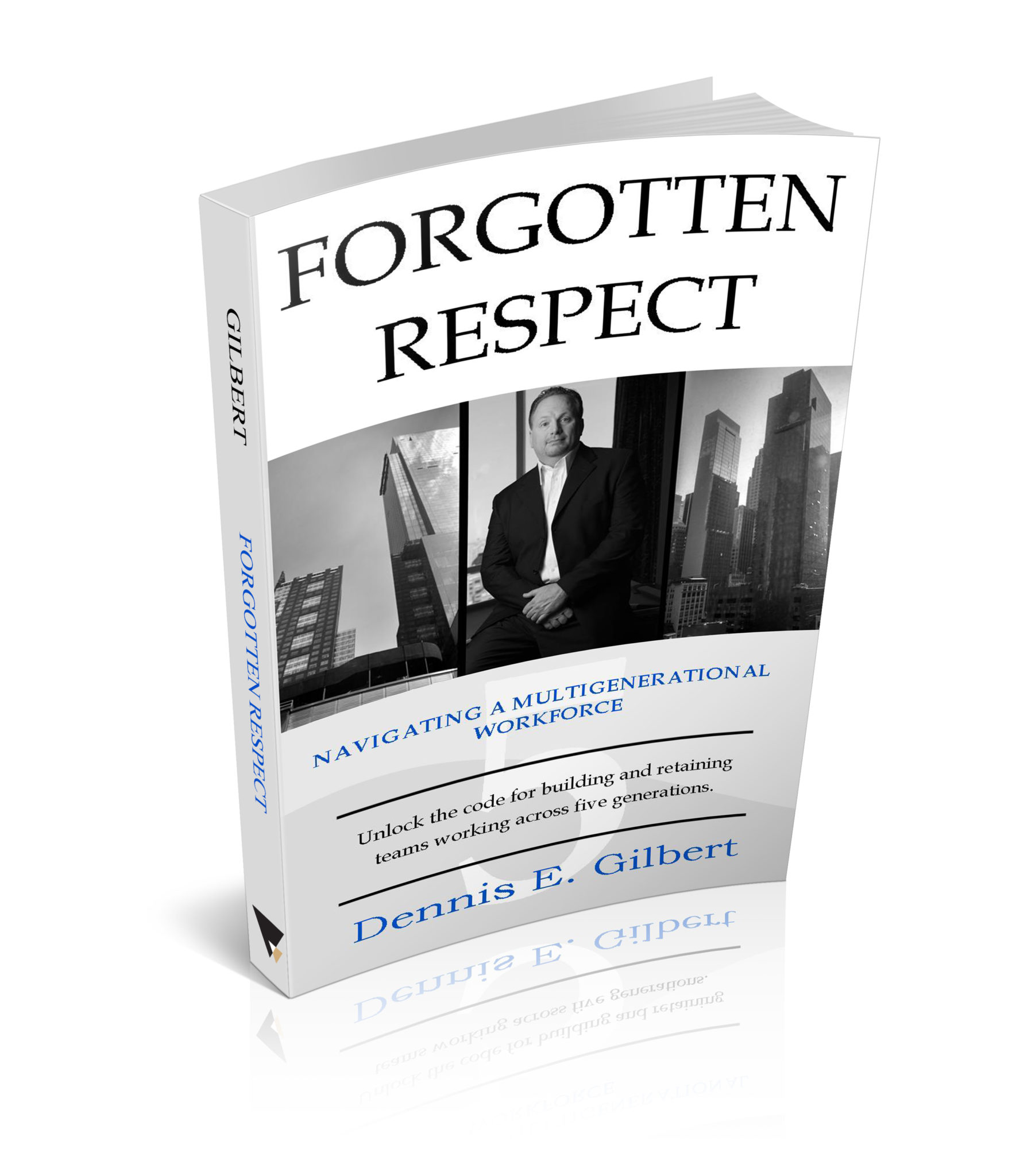
The Principle of Patience
We want it when we want it, and we want it now. Drive through restaurants, television and music on demand, and online purchases with overnight shipping.
Much of the urgency is often cited as a millennial or generation Z (Gen 9/11, iGen) trait. A characteristic that illustrates a lack of consideration for anything other than, “I get what I want when I want it.”
This is not exclusive to the youngest generations and people from every generation have developed expectations built with urgency in mind.
Should workplace teams consider patience as a guiding team principle?
Value of Patience
Consider that teams often experience a lack of patience when the workload is distributed unequally and only a few team members carry a majority of the load. In these cases, the desired short-term goal is achieved but long-term consequences can, and often do, emerge.
The consequences of an uneven balance of workload can destroy employee motivation when team members compare individual contributions and determine they only want to work as hard as the person who is doing less.
It doesn’t end there.
Patience as a Principle
The person who has fallen behind and had their contribution (or portion of distributed workload) completed by a faster moving employee often doesn’t develop the commitment or buy-in since they are not as connected to the work or project.
No buy-in often means a significantly strained, or worse, a failed project or change effort.
Fast, now, or overnight is certainly desirable, as long as the principle of patience guides the work.
– DEG
Originally posted on September 13, 2016, last updated on November 18, 2018.
Challenges with working across the generations? Understanding more about patience and respect are exactly why I wrote this book:

Dennis E. Gilbert is a business consultant, speaker (CSPTM), and culture expert. He is a five-time author and the founder of Appreciative Strategies, LLC. His business focuses on positive human performance improvement solutions through Appreciative Strategies®. Reach him through his website at Dennis-Gilbert.com or by calling +1 646.546.5553.






8 Comments
Boomer
September 13, 2016at 3:35 pmI see patience as the ability to accept the “correct and proper” time for an excellent outcome without becoming angry or upset.
I see buy-in as the capacity to support a decision and the to move forward in agreement.
Interesting how you bring these two concepts to work together.
I have not actively experienced this idea in practice or the results of not doing so.
Sunshine
September 13, 2016at 4:24 pm“I am now established in the peace and poise. I do the things I need to do easily, efficiently and effortlessly.” Eric Butterworth
Great quote! Peace! Poise! …says it all.
Dennis Gilbert
September 15, 2016at 8:13 pmYes, that is a good quote! Thanks for sharing!!!
Boomer
September 13, 2016at 7:02 amWhat is Patience?
Dennis Gilbert
September 13, 2016at 7:21 amOf course there is the dictionary definition, but what I’m trying to convey here is that organizations want employee buy-in and commitment and when everyone on the team doesn’t participate the team lacks buy-in. 🙂
Boomer
September 13, 2016at 8:05 amSo Patience is buy-in?
I’m confused. I don’t understand. Can you clarify more?
Dennis Gilbert
September 13, 2016at 1:31 pmIn this example patience could be a factor in helping to create buy-in. So many things are conditioned by speed and timing, they are critical, but at the same time patience can be important for a healthy organization. Often employees jump in to save a project because someone else didn’t do their part. That is great for the immediate outcome, and is to be expected, but in extreme or chronic cases of this happening it can cause other problems. Some of which are a lack of commitment to the organization, team, or project.
Dennis Gilbert
September 13, 2016at 1:32 pmHave you ever noticed this type of problem?